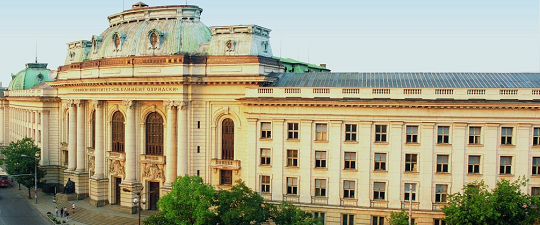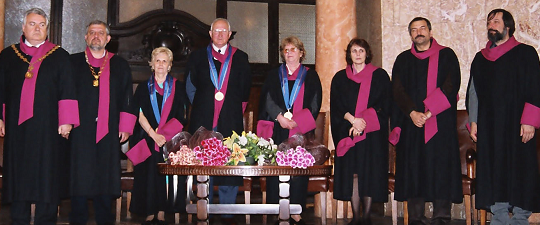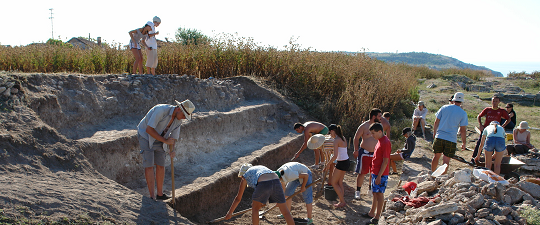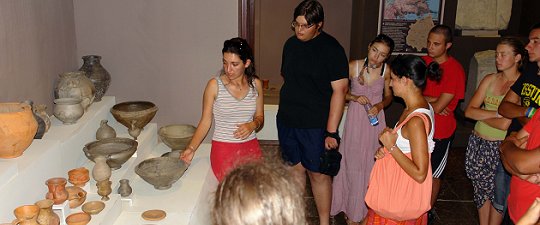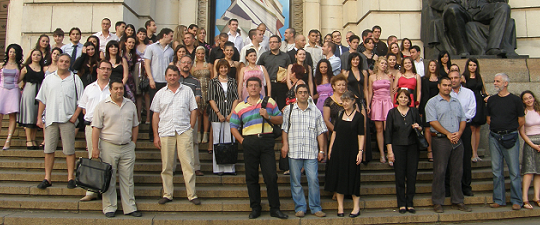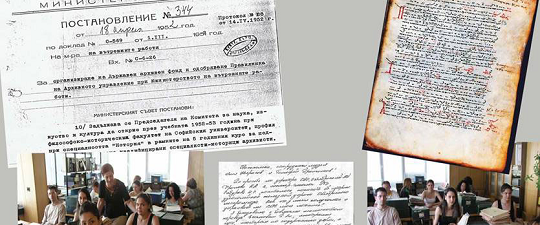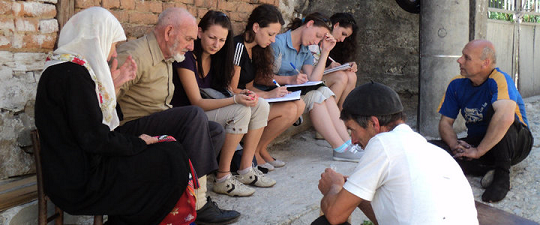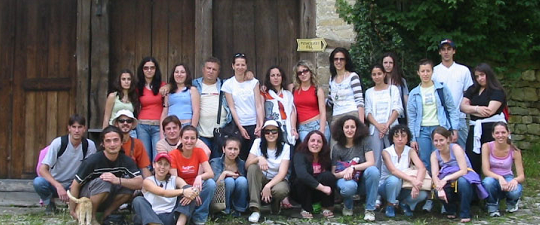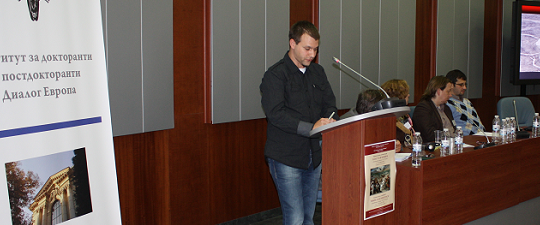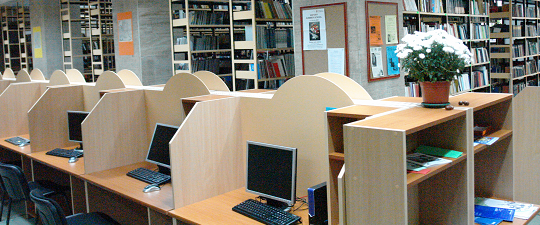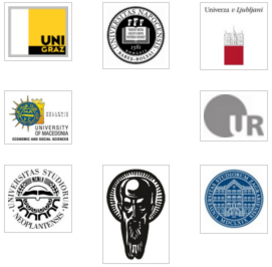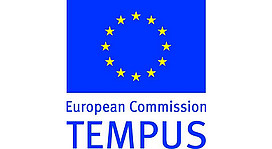End of this page section.
Go to overview of page sections.
Begin of page section: Additional information:
End of this page section.
Go to overview of page sections.
University of Sofia St. Kliment Ohridski, Bulgarien
Begin of page section: Contents:
Sofia University St. Kliment Ohridski is the first institution of higher education in Bulgaria. The first step towards its foundation was the opening of a Course in Pedagogy at the First Secondary School for Boys in Sofia in 1887. Due to the success of this teacher-training course, the National Assembly issued a decree at the end of 1888, transforming the course into a School of Higher Education. In 1904, a decree by Prince Ferdinand turned it into a university that was given the name of St. Kliment Ohridski a year later.
For more than a century Sofia University has been the national foremost centre for university education and research in both fundamental theoretical and applied areas. Today it is the largest university in the country with 88 degree programmes offered by 16 faculties. A total of 25.368 students have enrolled at Sofia University for the 2006/07 academic year. 17.511 of them enrolled at the Bachelor’s Programmes (16.418 Bulgarian and 1.093 international students) and 7.857 students enrolled at the Master’s Programmes at Sofia University (7.638 Bulgarian and 219 international students). There are 969 PhD students of whom 832 are Bulgarian and 137 are international.
The teaching staff includes a significant part of the best specialists in Bulgaria in all major areas of sciences and humanities. There are 1.598 full-time lecturers employed. These are two Members and four corresponding Members of the Bulgarian Academy of Sciences, 192 professors, 594 associate professors, 809 assistant professors, two senior research fellows and one lecturer. 209 of them have the higher doctoral degree of Dr. habil. and 928 have a PhD degree.
Research is an integral part of the teaching process. It is fully supported yet not conducted by the Rector’s administration. Research is a prerequisite for keeping pace with the most recent developments in the respective areas for both the lecturers and university structures – laboratories, faculties, etc.
Useful links:
End of this page section.
Go to overview of page sections.
Begin of page section:
Contact
Coordinationjointdegrees(at)uni-graz.at
End of this page section.
Go to overview of page sections.





